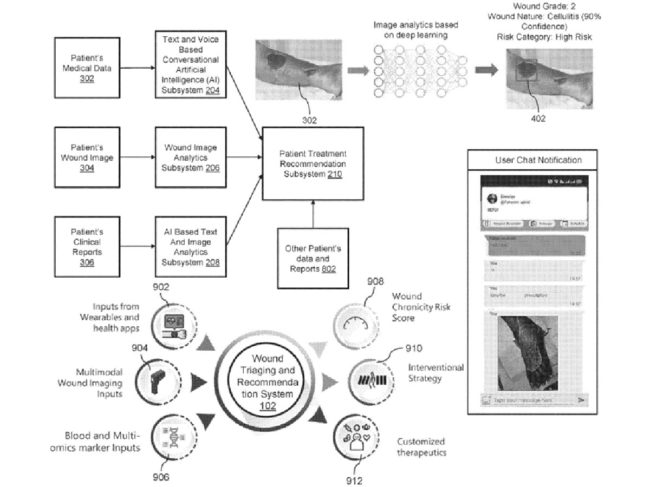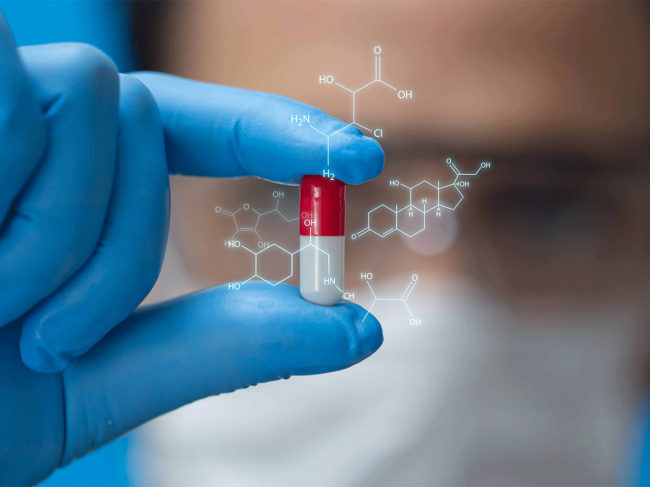
Artificial intelligence
Drug Design, Drug Delivery & Technologies
Can-Fite enters AI-led drug discovery collaboration
Read MoreDrug Design, Drug Delivery & Technologies
Biomap and Sanofi collaborate to develop AI modules for biotherapeutic drug discovery
Read MoreDrug Design, Drug Delivery & Technologies
Hoth Therapeutics to use AI to advance pipeline and licensing opportunities
Read MoreDrug Design, Drug Delivery & Technologies





